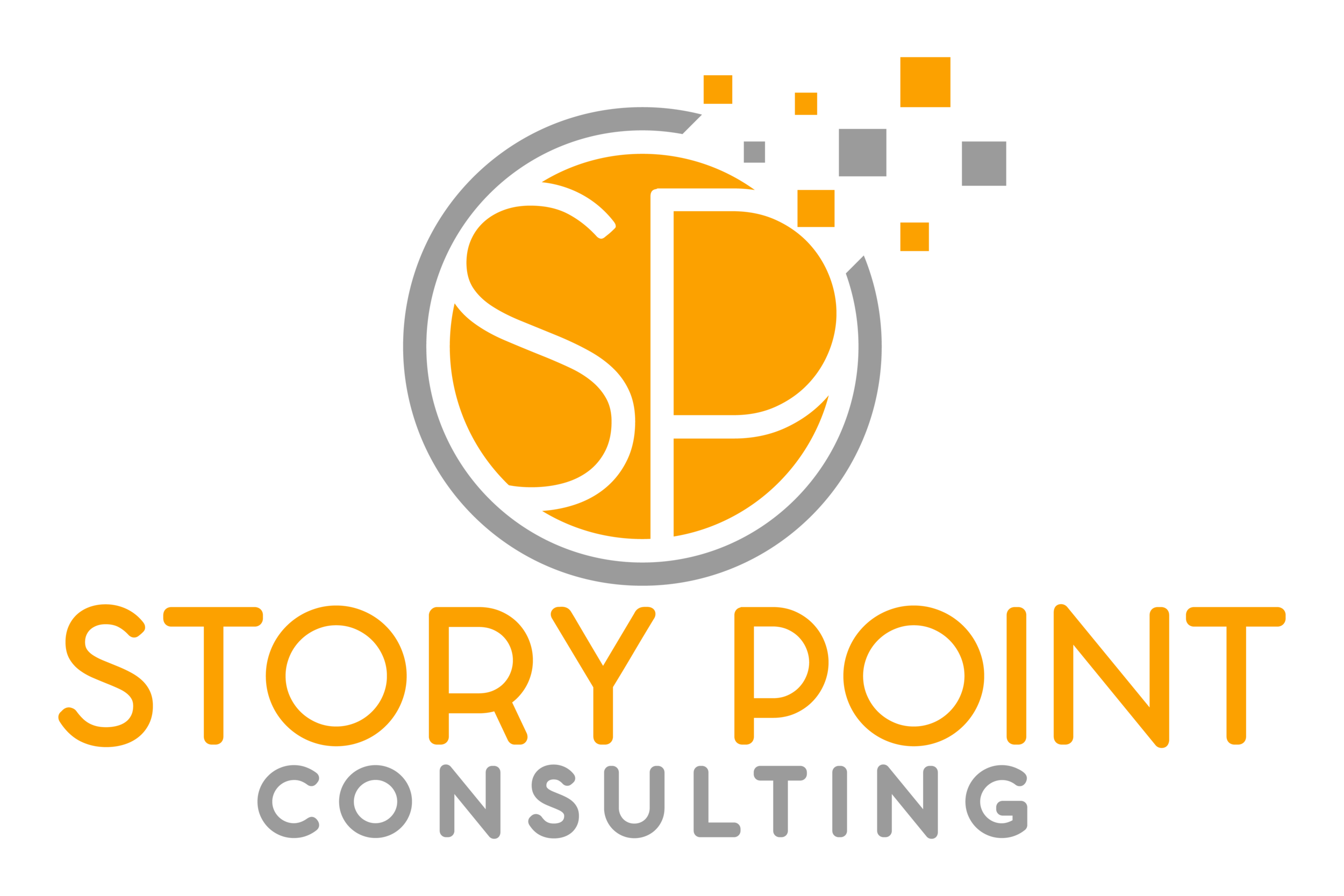6 Strategies for Navigating Grant Application Rejections
In the world of nonprofits, experiencing grant rejections is quite common, particularly when grants are a significant part of your fundraising revenue. When your grant proposal does not get approved, it can be quite disappointing and may leave you puzzled about what went wrong.
There are many possible reasons behind an unsuccessful grant application. It might be that your proposed project did not align well with the objectives or priorities of the funding organization. Or perhaps, your grant budget was not strong enough, or did not make sense to the funder. It is important to remember that when a grant application is rejected, it gives your organization an opportunity to learn and improve for future applications and proposals.
If you have a grant application that has been rejected here are six strategies to help you move forward and keep applying.
Reach out to the funder. Reaching out to the funder is a crucial step that your organization can take to increase the likelihood of crafting a successful proposal in the future. By expressing gratitude for their consideration of your application, you not only start to build a relationship with the funder, but also display a proactive attitude. Furthermore, seeking clarity on the grant requirements is a valuable strategy. This allows you to understand exactly what the funder is looking for, and helps you to tailor your grant proposal to meet these specific requirements in the future. This feedback can guide your future grant writing efforts, helping you refine and improve, thus enhancing your chances of securing a grant in the future.
Learn from funder’s feedback. If a funder has taken the time to provide constructive feedback on your application, use this as an opportunity to learn and improve your grant writing for future proposals and applications. After receiving feedback from the funder, take the opportunity to review your application objectively. Was your proposal submitted in the correct format? Did you provide enough information for the funder to make a decision? Were you able to tell a compelling story about your organization that would help the funder make a positive decision? Use this as an opportunity to strengthen your next grant application.
Stay organized. Keep track of grant deadlines, follow-ups, and future opportunities. Applying for grants requires a lot of organization and planning, and your organization may want to consider a tool to help manage your grant applications. Between applying for grants, trying to find funders, and building relationships with current funders, applying for grants requires the ability to prioritize and manage your time efficiently.
Explore other sources of funding. Keep applying. Successful fundraisers are persistent and do not give up easily. It is important to keep trying as a “no” does not necessarily mean that a funder will never contribute to your project. Continuing to build on relationships can often lead to being rewarded with a gift in the future. There are many different grant-making organizations, and continue to look for funders where your project aligns with their funding priorities. Do not be discouraged and continue applying for other grants.
Diversify Your Strategy. Many nonprofit organizations often heavily rely on grant funding as a main source of income. This is a practical approach, but it's crucial to consider other funding opportunities as well. Having a diversified revenue stream is beneficial because it provides stability. If your primary source of funding falls through, you have other ways to raise money for your organization. Grants are great, but they can be unpredictable, so it's essential to have backup funding methods. This could mean exploring options like hosting fundraising events, seeking corporate donations and sponsorships, or launching a crowdfunding campaign. The key is to keep your financial sources varied to maintain your organization's security and sustainability.
Increase Your Grant Writing Capacity. Strong grant writing takes practice and experience. By seeking professional development opportunities you can improve upon important skills every grant writer should have. If your team would prefer to outsource your grant writing, you can also consider hiring a professional grant writer which may be an option if your organization has the budget. Either way, taking the time to see where you can improve your skills and expertise can lead to more grant writing success in the future.
Even if your grant application gets rejected, view it as a learning opportunity for your organization. Keep applying and you'll eventually secure grants successfully.
Receiving a rejection for your grant application might initially be disappointing, but it's a valuable learning opportunity for your organization, providing insights into areas that might need improvement. Do not feel discouraged by a single rejection, because success seldom comes at the first try. Persistence is key in this process. Keep refining your application, addressing the feedback, and persistently keep applying. Over time, this approach will increase your chances of securing grants successfully.

